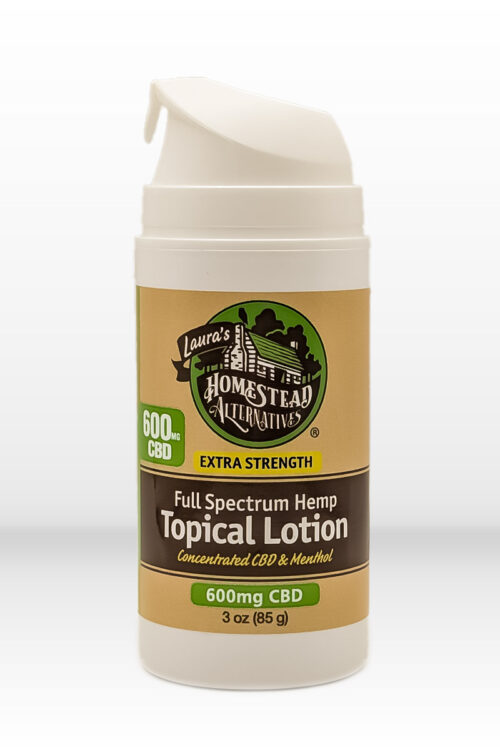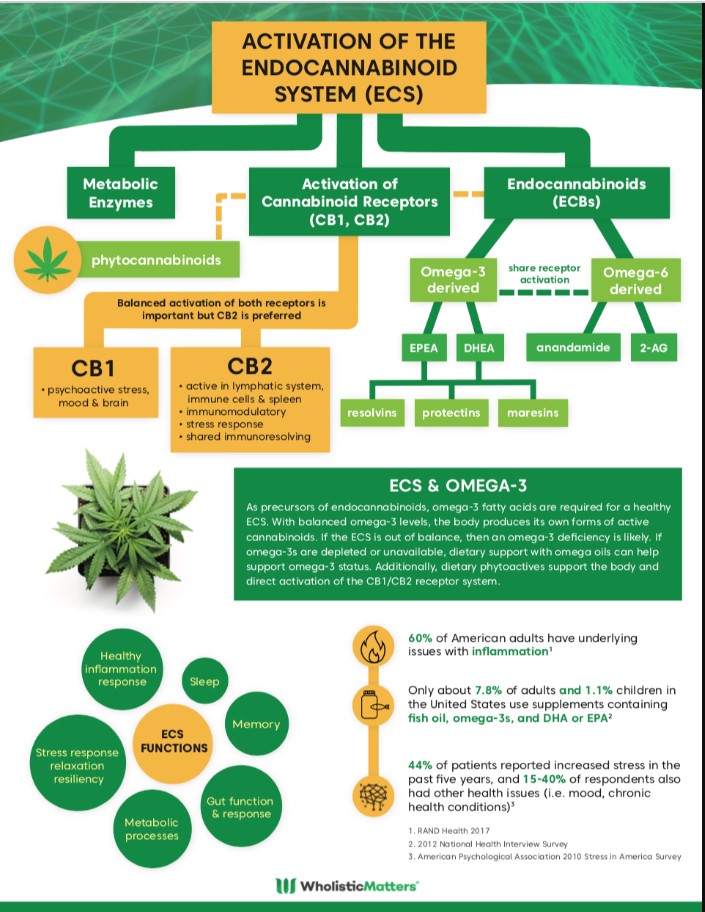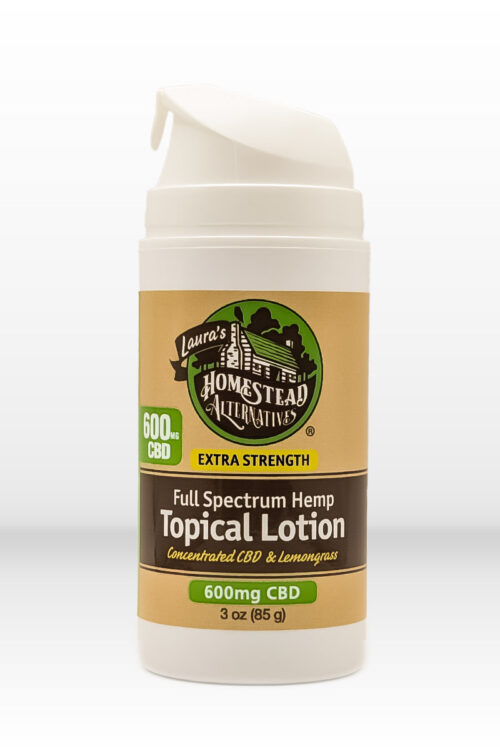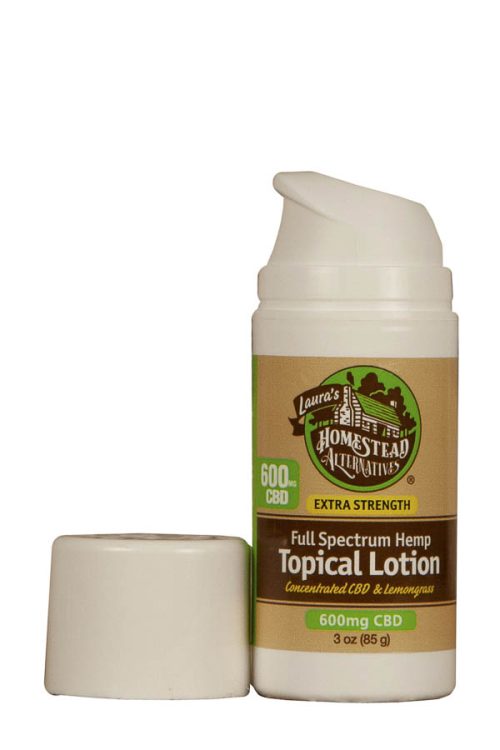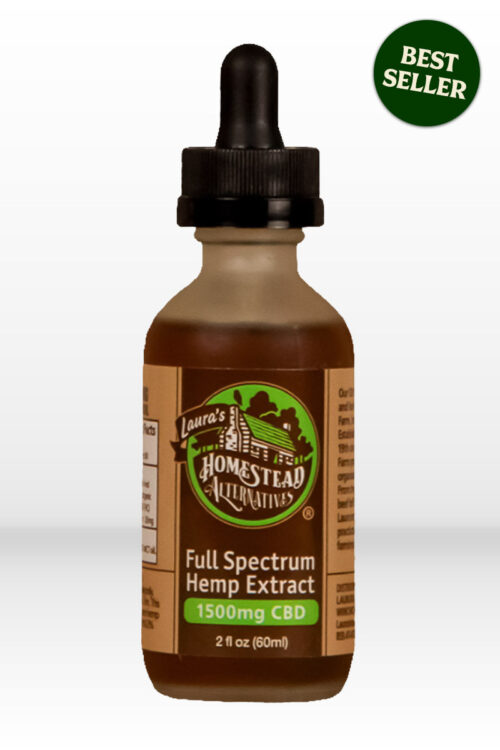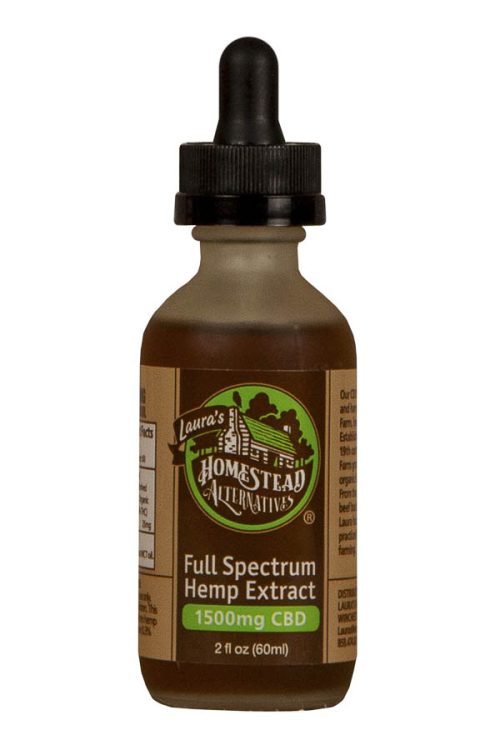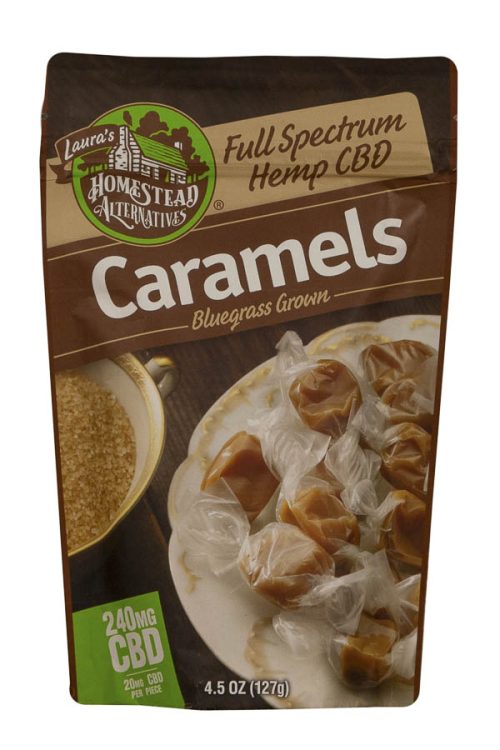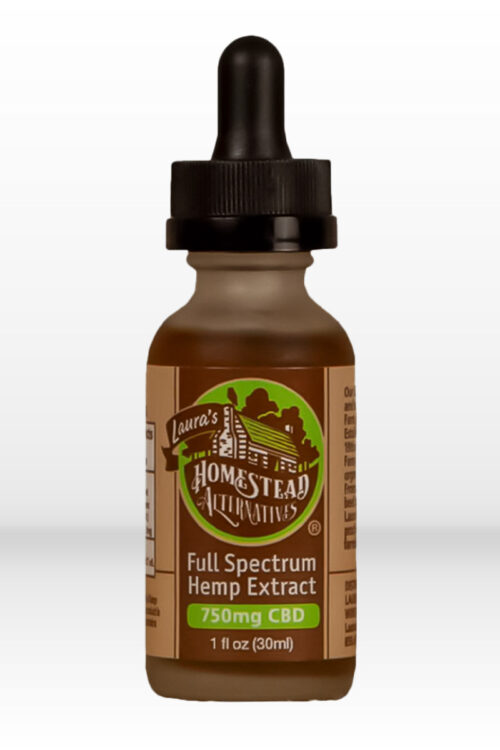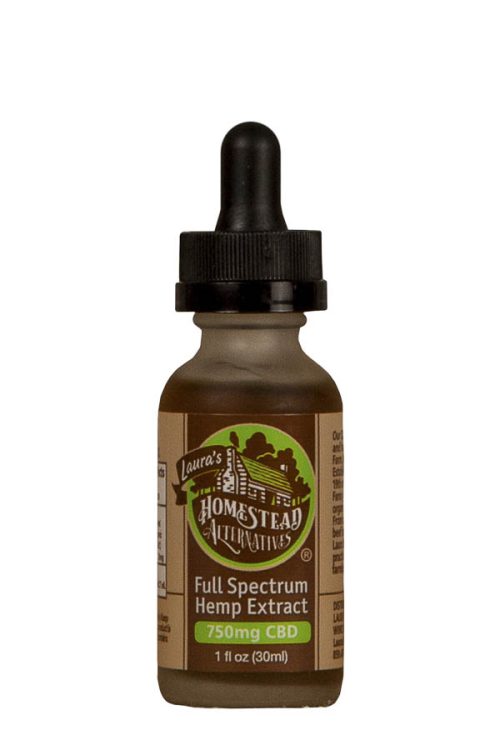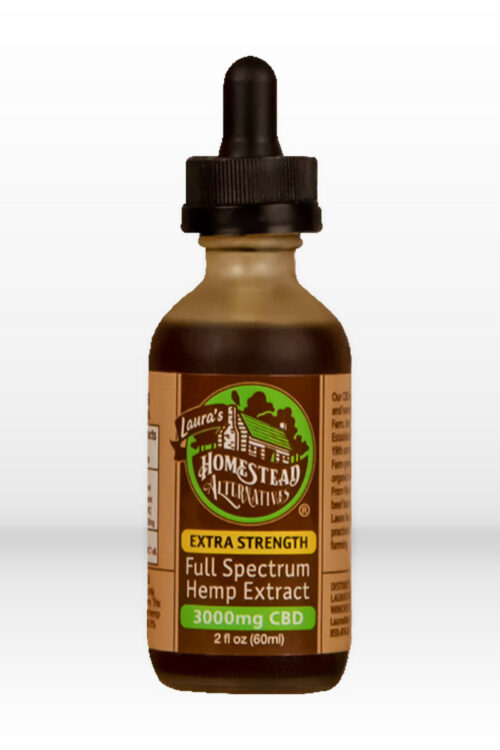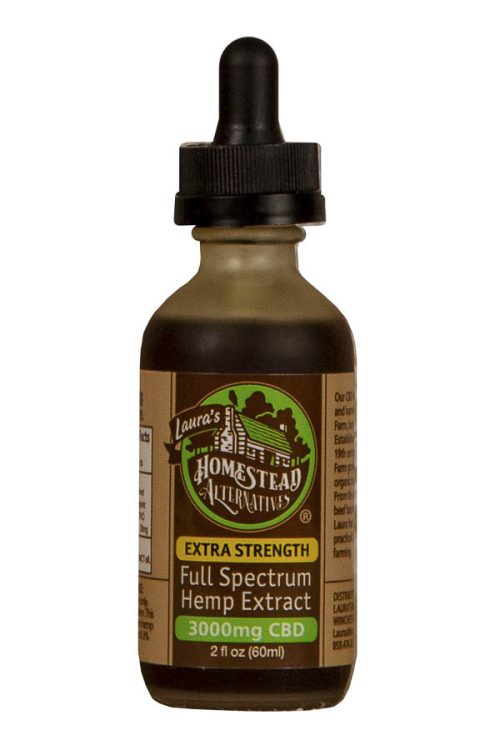How CBD may improve conditions – lupus and rheumatoid arthritis
Autoimmune conditions are complex and can significantly impact quality of life. Many people explore various approaches to support their well-being, and CBD has gained attention as a potential complement to conventional health routines. Here, we’ll explore the relationship between CBD, immune response, and overall balance, while focusing on information supported by credible sources.
For the details of the original NIH patents for cannabinoids, look at our resource page on the CBD science. From the NIH patent #US6630507B1
“Cannabinoids have been found to have antioxidant properties, unrelated to NMDA receptor antagonism. This new found property makes cannabinoids useful in the treatment and prophylaxis of wide variety of oxidation associated diseases, such as ischemic, age-related, inflammatory and autoimmune diseases.”
As this paper from HealthLine indicates, CBD works by interacting with the endocannabinoid system of the human body where “Experts think it plays a role in maintaining homeostasis, or balance, in the body.” When CBD interacts with the complex immune response system of a person, it doesn’t reduce the function of the system by suppressing it across the board, instead it may improve the balance of the overall response. For a person with an autoimmune disorder, that would mean reducing the activity of some cell and receptor types.
This infographic from Wholistic Matters can help understand what the endocannabinoid system does.
What is CBD, and How Does it Work?
CBD, or cannabidiol, is a non-intoxicating compound found in the hemp plant. Unlike THC, CBD doesn’t cause a “high.” Instead, it interacts with the body’s endocannabinoid system (ECS), which is thought to play a role in maintaining balance, or homeostasis, in various bodily functions.
The ECS is a network of receptors and molecules that regulate processes like mood, sleep, immune response, and inflammation. While research into CBD’s effects on the ECS is still developing, it’s believed that CBD helps support this system, potentially promoting overall wellness.
Conventional Management of Autoimmune Diseases
Autoimmune conditions, such as rheumatoid arthritis, lupus, and celiac disease, often require specialized care. Conventional treatments include corticosteroids, nonsteroidal anti-inflammatory drugs (NSAIDs), and pain relievers to manage symptoms like inflammation and discomfort.
While effective, these treatments can have drawbacks, including side effects like adrenal suppression, digestive issues, and hypertension. As a result, some individuals seek additional methods to support their overall health.
What We Know About CBD and Immune Support
Early research suggests that CBD may interact with the immune system in ways that support balance, though more studies are needed to draw definitive conclusions. Some researchers have investigated its antioxidant properties and how it may influence inflammation, but these findings are not yet conclusive.
A 2003 patent (#US6630507B1) filed by the U.S. Department of Health and Human Services highlights cannabinoids’ antioxidant properties, but it’s essential to note that this patent does not establish CBD as a treatment or cure for any medical condition.
When considering CBD, it’s vital to view it as part of a broader wellness strategy rather than a standalone solution for specific health issues.
The Role of Gut Health in Autoimmune Conditions
Research into autoimmune conditions increasingly points to gut health as a key factor. Experts like Dr. Natasha Campbell-McBride have emphasized the importance of maintaining a healthy microbiome—an ecosystem of bacteria in the digestive system that supports overall health.
A balanced diet rich in whole, nutrient-dense foods is crucial for maintaining gut health. Dr. Campbell-McBride’s GAPS protocol suggests dietary approaches to help support gut integrity and immune function. However, it’s essential to consult healthcare professionals before making significant changes to your diet or health routine.
<iframe width=”1236″ height=”695″ src=”https://www.youtube.com/embed/v39FzFplEIM” title=”The GAPS Diet | Overcoming Mental & Physical Illness by Healing the Gut – Dr. Natasha McBride” frameborder=”0″ allow=”accelerometer; autoplay; clipboard-write; encrypted-media; gyroscope; picture-in-picture; web-share” referrerpolicy=”strict-origin-when-cross-origin” allowfullscreen></iframe>
As she explained in her interview with Eco-Farming Daily, “Gut and Physiology Syndrome occurs where the toxins from the gut get into other organs of the body… All autoimmunity is born in the gut, whether it is celiac disease, rheumatoid arthritis, lupus, or Diabetes Type I. I’ve been saying that for the last 23 years, and now the major immunologists around the world are saying the same thing. Your digestive system is the biggest and most important immune organ, with 85 percent of the immune system located in the gut wall.”
How can we repair our systems? “When your body has inflammation and autoimmunity-destroying cells and tissues, you need to rebuild them. The building materials are going to come from food. The most appropriate fats for rebuilding our human structure are animal fats: beef fat, lamb fat, goose fat, pork fat — because their biochemical structure is very similar to the fats our bodies are made from.” To learn more about her detailed system for healing and continued health, please learn more at gaps.me .
Building a Holistic Approach
Autoimmune conditions are multifaceted, and managing them often requires a combination of medical treatments, lifestyle adjustments, and supportive practices. While CBD is gaining interest for its potential to support balance and well-being, it’s important to use high-quality products from reputable sources and consult with a healthcare provider to determine what’s best for your individual needs.
Additionally, nurturing gut health, reducing stress, and maintaining a balanced lifestyle can complement your wellness efforts.
CBD offers a potential avenue for those looking to support their overall wellness, but its role in managing autoimmune conditions remains an area for further study. By combining evidence-based approaches with professional guidance, individuals can build a holistic path toward better health. Always seek advice from qualified healthcare providers when considering any new supplement or health strategy.
Disclaimer:
CBD products are not approved by the FDA to diagnose, treat, cure, or prevent any disease. The FDA advises that all claims about CBD or any other supplements be substantiated by rigorous clinical studies and evidence. Consumers are urged to exercise caution when considering unconventional methods and to consult with a licensed healthcare professional before beginning any new treatment or supplement regimen.
Always rely on evidence-based medicine and the guidance of qualified medical experts when making decisions regarding your health.

